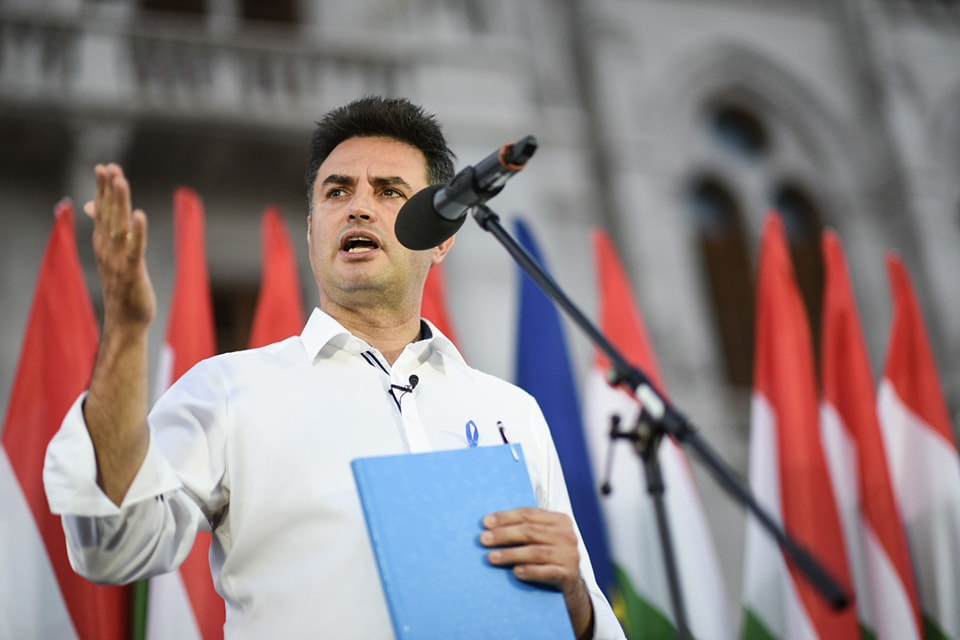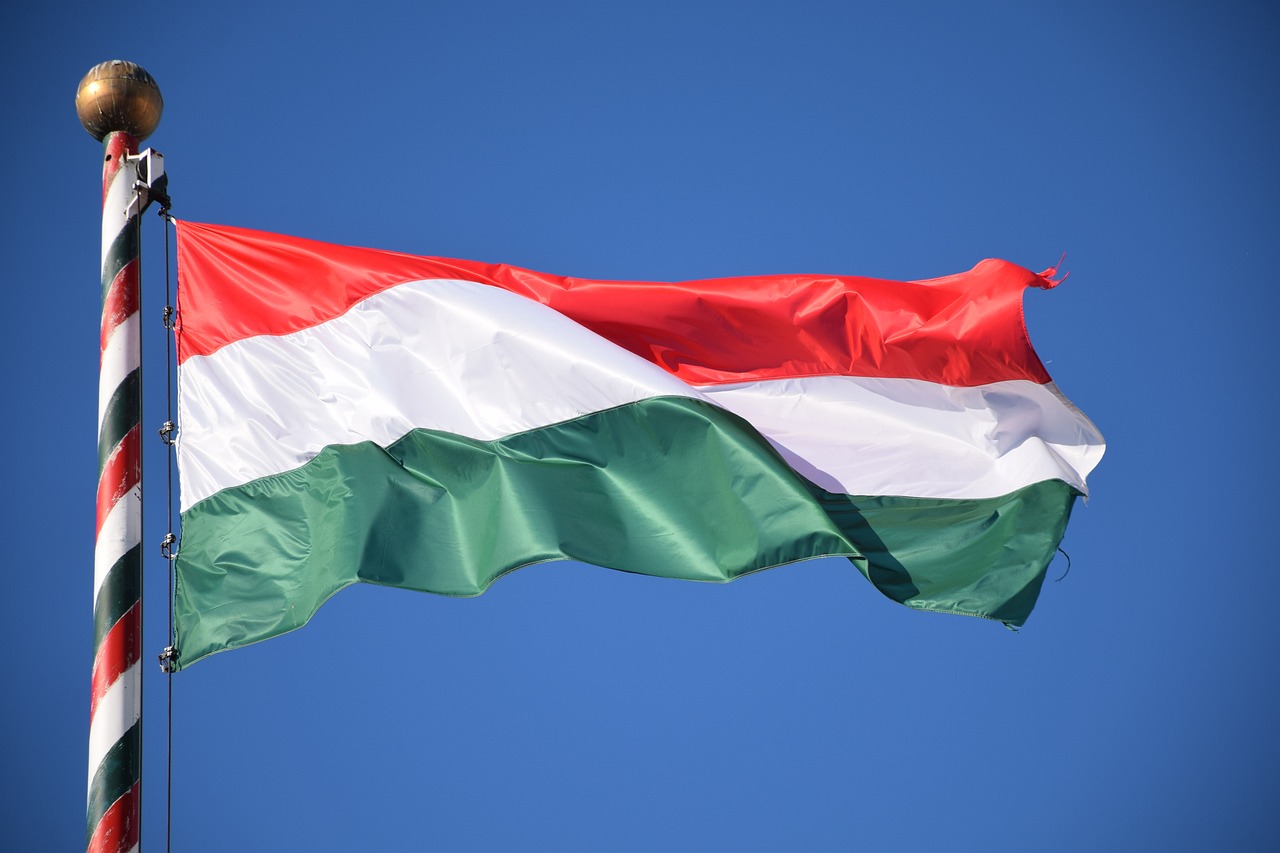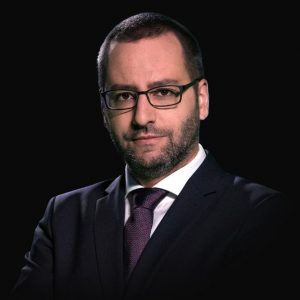
The Action for Democracy considers Hungary a battleground state, alongside Italy, Brazil, Poland, and Turkey.Continue reading

The first major task of the Office for the Protection of Sovereignty that to be set up by February 1, is to ensure the purity of the upcoming election campaign and electoral contest, said political scientist Tamás Lánczi, who has been appointed as the office’s chairman.
The Law on the Protection of Sovereignty (Law of 2023 / LXXXVIII.) refers to the concept of sovereignty as a constitutional identity.
In everyday language this means that the economic, cultural, communicative, political identity and independence of the countrymust be protected, and the law provides certain means to do so,”
said Mr. Lánczi.

Photo: Tamás Lánczi via Facebook
The new office to be set up is come as a consequence of national security investigations conducted after the 2022 parliamentary election campaign. According to this, the activities of organizations that financed the united opposition from abroad violated Hungary’s sovereignty.
Péter Márki-Zay, the mayor of Hódmezővásárhely (southeast Hungary), and former prime ministerial candidate of the joint opposition coalition in the parliamentary elections in April 2022, as admitted to receiving millions of dollars of foreign founding mainly from the U.S.
As a result of these circumstances, it was considered as necessary to tighten the current rules. The funding of parties by foreign organizations is already prohibited under the current legislation.
In spring 2022, the united opposition circumvented this rule by using funds from abroad through foundations engaged in political activities. However, one of them, Action for Democracy, pointed out after the elections that the members of its advisory board provided strategic and non-operational advice in their personal capacity. “They (members of its advisory board) are not part of Action for Democracy’s day-to-day decision-making and support process, and do not have detailed knowledge of our support activities in our target countries.” In their press statement, the U.S. lobby group argued that the suspicion surrounding them consists of “conspiracy theories, lies, and accusations.”
The Office for the Protection of Sovereignty is an autonomous state administration body established under Article R4 of the Constitution, performing analytical, evaluative activities, as defined in this law. It is not a public authority, and therefore does not carry out investigations or impose sanctions; its main task will be analysis and detection, and its main tool will be transparency. In terms of investigative work, the body will cooperate with other public bodies, and if it detects abuses, it will make them public and report them to the competent authorities.
According to Tamás Lánczi, it “cooperate with other government counterparts” to investigate abuses.
“The information that is generated by other public bodies can, if you like, be requested in the framework of cooperation, analyzed, and examined, conclusions drawn, made public, and reported to the legislator,” he explained.
The Office for the Protection of Sovereignty can also draw the attention of the legislator to a legislative shortcoming or the need for official action in the event of a problem.
As an example, he said that the relevant passage of the law stipulates that accepting illicit funding is currently punishable by three years’ imprisonment, but that the penalty will be imposed by the competent state body, not the agency.
The future director stated that the country is preparing for local and European Parliament elections this June, hence it is particularly important to prevent abuses similar to those in 2022. The new office will have the specific task of preventing attempted interference from foreign countries, and if it detects any sign of such, it will take the necessary measures.
In response to a question, the political scientist said that if the European Commission or any other EU body tries to “overstep” its powers or tries to undermine Hungary’s sovereignty, it could also “be a subject to an investigation”. However, he added, Hungary shares certain powers and part of its sovereignty with other member states, but the investigation of “tensions” arising from these is not one of the office’s primary tasks.
Lánczi also stressed on Kossuth Radio’s program “Good Morning, Hungary!” that there had been “voices of concern” from Brussels about the creation of the office, but “these attacks disguised as concern” were not surprising, as there had always been actors who wanted to interfere in Hungary’s constitutional life.
In response, he said that the Hungarian model was most similar to the Romanian Bureau Against Disinformation. Such a regulatory system against foreign economic influence, protecting national, economic, or mainly corporate interests, has already been set up in Britain and France, he added.
Any state that acts rationally will defend its sovereignty tooth and nail,” he said.
Via MTI; Featured Image: Pixabay